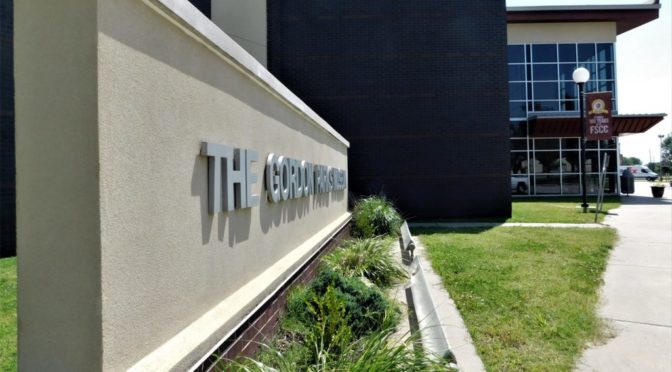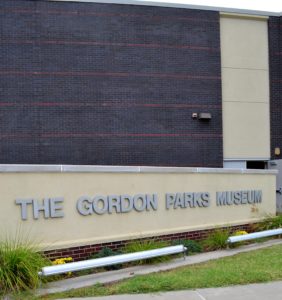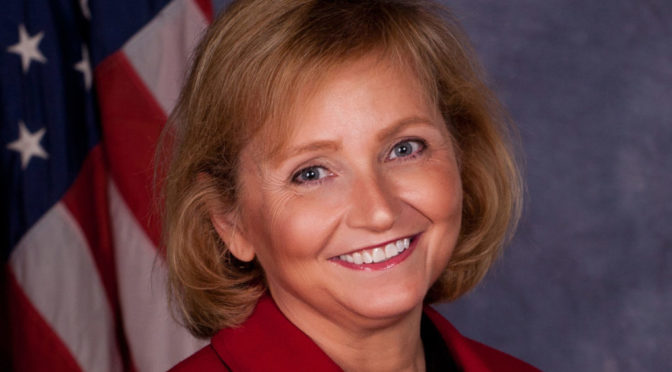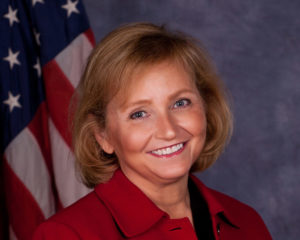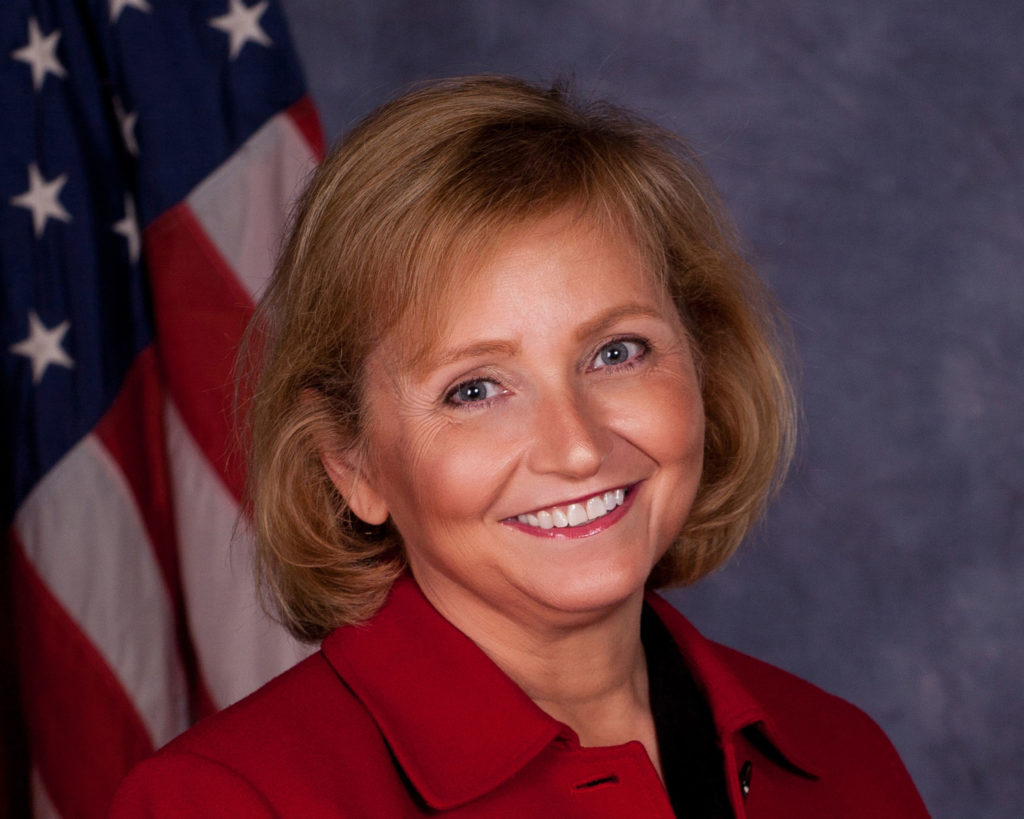Governor Kelly Announces Introduction of Medicaid Expansion Legislation
TOPEKA – Governor Laura Kelly announced that her bills to provide affordable health care access for low-wage hardworking Kansans were introduced today in committees of the Kansas House and Kansas Senate. By expanding Medicaid, Kansas taxpayers will have access to health care services they are already paying for through federal taxes.
“I’ve said it before and I’ll say it again: expanding Medicaid will not only provide health care to hundreds of thousands of hardworking Kansans, it will also boost our economy, strengthen rural communities, and bring hard-earned dollars back to our state.” Governor Kelly said. “Expanding Medicaid has received the bipartisan support of 39 other states, including every one of our neighbors. We must get this done.”
Kansas taxpayers have paid more than $6 billion for affordable health care coverage through federal taxes but have yet to see a penny of that investment. This program will be paid for with 90% federal funding beginning January 1, 2024.
If Medicaid is expanded, Kansas could receive an additional $370 million in federal dollars over the next two years, sufficient to cover the state’s share of expansion costs for up to 8 years.
If this legislation is not passed in this year’s budget, it will result in the loss of $70 million in State General Fund savings for the next fiscal year.
“Over 70% of Kansans support expanding Medicaid. A vote against this bill is belligerent and political,” House Democratic Leader Vic Miller said. “Medicaid expansion is not only a sound healthcare policy, although lives are at its core — It’s a workforce and economic development policy. The state has passed up $6 billion in federal funding and counting, lives have been lost, jobs are leaving the state, people are suffering, and hospitals are closing. Expand Medicaid, already.”
“Kansans overwhelmingly support Medicaid expansion,” Senator Pat Pettey, Kansas Senate Dist. 6, said. “They understand that expansion will create jobs, and strengthen health care providers across the state, especially in our rural areas. Now is the time for Medicaid Expansion.”
Organizations across the state support Governor Kelly’s plan to expand KanCare, the program through which the State of Kansas administers Medicaid.
“The Kansas Hospital Association continues to support KanCare Expansion and the benefits it will bring to Kansas,” Chad Austin, President and CEO, Kansas Hospital Association, said. “Expansion improves the health of Kansans by improving access to tens of thousands of hardworking Kansans who cannot access affordable health care coverage.”
“Expanding Medicaid will enable thousands of people to get the health and mental health care they need to maintain jobs vital to the state’s economy,” Brenda Sharpe, President and CEO, REACH Healthcare Foundation, said. “Expanding KanCare will help employers stay competitive with our surrounding states, all of which have expanded Medicaid. Kansans understand health care is a necessity and are ready for a solution that will help workers, families, and neighbors.”
“Kansans and Kansas businesses are paying more for health care because of the legislature’s failure to expand KanCare, which is why I applaud Governor Kelly’s common-sense plan to expand KanCare,” David Jordan, President and CEO, United Methodist Health Ministry Fund, said. “KanCare Expansion would bring down costs for all Kansans, protect our rural hospitals from closing, and make our state more economically competitive.”
“Over the last several decades, Kansas has fallen further behind in national health rankings. Expanding Medicaid is an obvious and necessary choice that will help return Kansas to the ranks of one of America’s healthiest states,” Ed O’Malley, President and CEO, Kansas Health Foundation, said. “This isn’t a progressive or conservative choice. It’s simply a common-sense move to provide health care to hardworking Kansans. Economic opportunity is a key determinant of health. Too many Kansans see their economic opportunity limited due to the inability to access affordable health care.”
“Health Forward Foundation applauds Governor Kelly for her unwavering efforts to expand KanCare so people who are paid lower wages can live healthier and more economically secure lives,” McClain Bryant Macklin, Vice President of Policy and Strategic Initiatives, Health Forward Foundation, said. “Without expansion, we are less competitive in attracting new jobs and have a more difficult time retaining our workforce. We implore our elected officials to expand KanCare.”
“The Alliance for a Healthy Kansas commends the introduction of KanCare expansion legislation, which will bring down health care costs for everyone and provide 150,000 Kansans with affordable health insurance, ” April Holman, Executive Director, Alliance for a Healthy Kansas, said. “Expanding KanCare will help preserve and strengthen rural hospitals and communities, help alleviate general workforce issues, and keep Kansas economically competitive. Most Kansans agree – it’s time to expand KanCare once and for all.”
###

